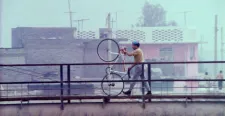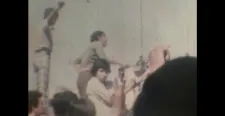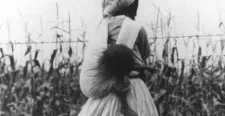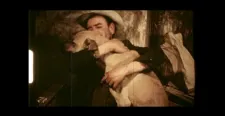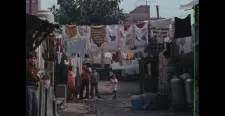Days to remember, political documentary film in the 70's in Mexico
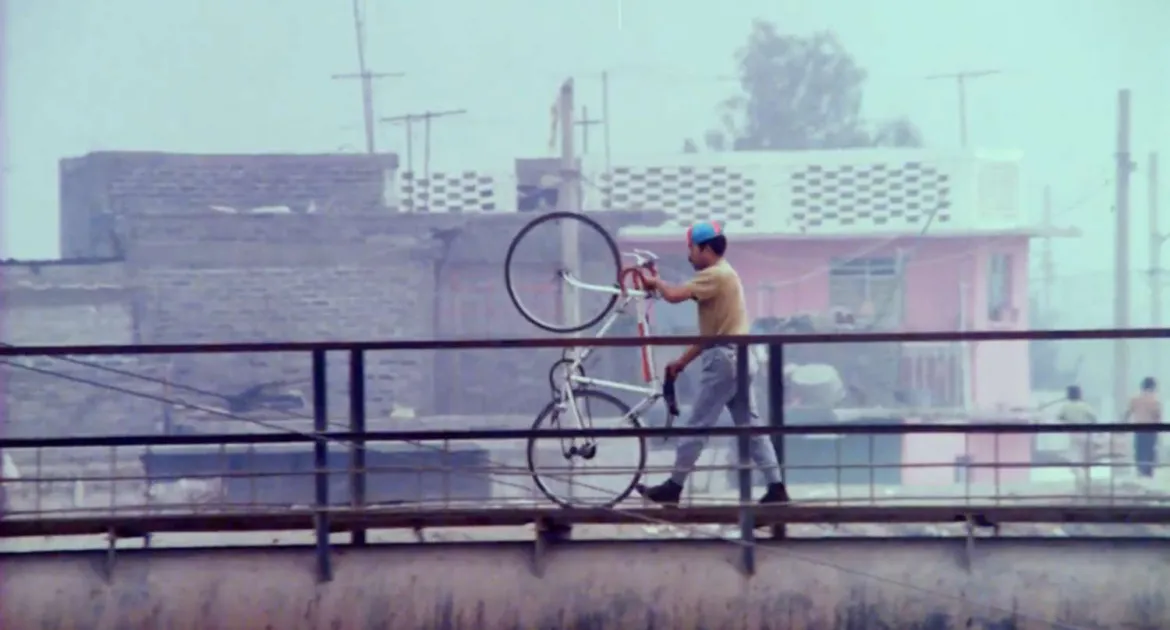
The title of this exhibition comes from the book of essays by Mexican writer Carlos Monsiváis. With his usual irony, the essayist uses this title to lend a political dimension to the holy days of obligation set by the Catholic Church. For him, the days that followed the massacre of students in Tlatelolco Square on October 2, 1968, "were filled with the dullness and density of dreams lost and gone". In the fiction film of the 1970s, this kind of disenchanted languor is seen in the stories about young people longing for a life that differs from the what modernity promises, one marked by consumption and ruled by marriage (El cambio, Alfredo Joskowicz, 1971, En la trampa, Raúl Araiza, 1979). It is a cinema about dreams lost and gone.
In documentary film, on the other hand, political intervention is less subtle and more direct. It was cinema that, in the words of one of the founders of the Colectivo Cine Mujer (“Women's film collective”) Rosa Martha Fernández, "worked out what is seemingly 'natural' in all marginalization". Their films were a reflection of their own construction by combining fiction, documentary and animation. They worked collectively (Cine Mujer, Cooperativa de Cine Marginal) and incorporated technology that made it possible to address the urgent need for mobilization at the time: Super-8. This portable and accessible kind of filmmaking was essential to the so-called "superocheros" ("Super8-ers"), for recording the numerous changes in a profoundly unequal society. This exhibition's first program provides an overview of this openly political, militant and marginal cinema.
The urban landscape also underwent many changes, which trace that ever-longed-for modernity that got incorporated into the brutalist buildings. Speed, buildings, colors, the tension between the countryside and the city, and consumption as well: all these were already present in La fórmula secreta (Rubén Gámez, 1965), one of the most important experimental films in the critique of new Mexican modernity. This exhibition includes the short films La urbe (Óscar Menéndez, 1976) with cinematography by Gámez, and Valle de México (1975) directed by Gámez, both of which are a sort of symphony of the city, recordings of a capital city wounded in its days to remember. As a counterpoint, this program is accompanied by French filmmaker Raymonde Carasco's work, Tarahumaras 78 (1979), in which the musical montage goes from the big city to the highlands of Chihuahua, where, perhaps, disenchantment never even existed because modernity was never a promise.
Karina Solórzano
Member of the Documenta Madrid selection committee and curator of the programme Días de guardar. Political Documentary Film in the 70´s in Mexico, in collaboration with the Casa de México Foundation in Spain



 DocumentaMadrid
DocumentaMadrid
